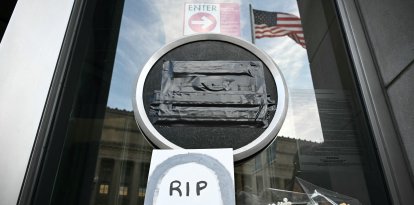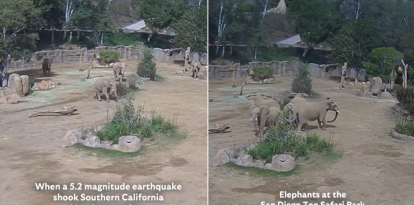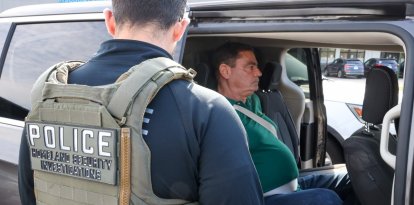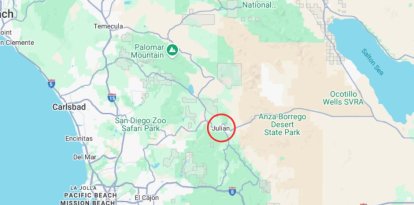Supreme Court extends pause of Texas law allowing law enforcement to arrest illegal immigrants
The freeze of the measure will stay in effect until Monday, March 18.
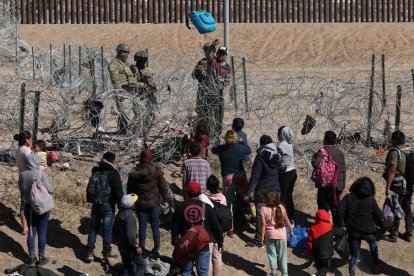
(Photo by HERIKA MARTINEZ / AFP)
The United States Supreme Court extended the pause on a Texas law that allows local and state police to arrest illegal immigrants. The freeze occurred with the objective of giving the state time to respond to the request from the Department of Justice that requested to suspend the application of the law. Now, the decision of the country's highest court will be in effect until March 18.
"UPON FURTHER CONSIDERATION of the application of counsel for the applicant, and the response filed thereto, IT IS ORDERED that the stay issued on March 4, 2024, is hereby extended until 5:00 p.m. (EDT) on Monday, March 18, 2024," explained the order signed by Judge Samuel Alito.
031224zr_09m1 by Williams Perdomo on Scribd
The DOJ last week filed an emergency request, asking the Supreme Court to intervene in the case to stop the law, which was signed by Governor Greg Abbott.
Attorney General Elizabeth Prelogar wrote in the petition that "the preliminary injunction entered by the district court simply maintains the longstanding status quo while this litigation proceeds; the court of appeals’ stay, on the other hand, would result in direct and irreparable harms to core federal interests."
The aforementioned regulation, known as SB4, allows Texas law enforcement to arrest and imprison people who cross the border illegally without the need for a federal permit. After being detained, immigrants could accept a state judge's order to leave the country or face a charge of misdemeanor illegal entry. Those who do not leave the country after receiving the expulsion order could be arrested again and charged with a more serious crime.
RECOMMENDATION


